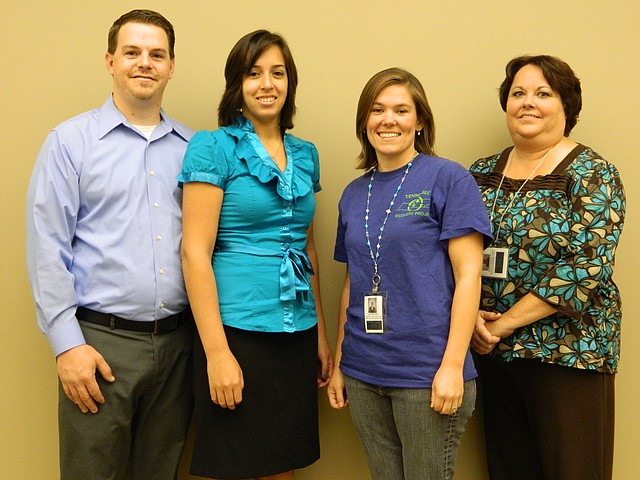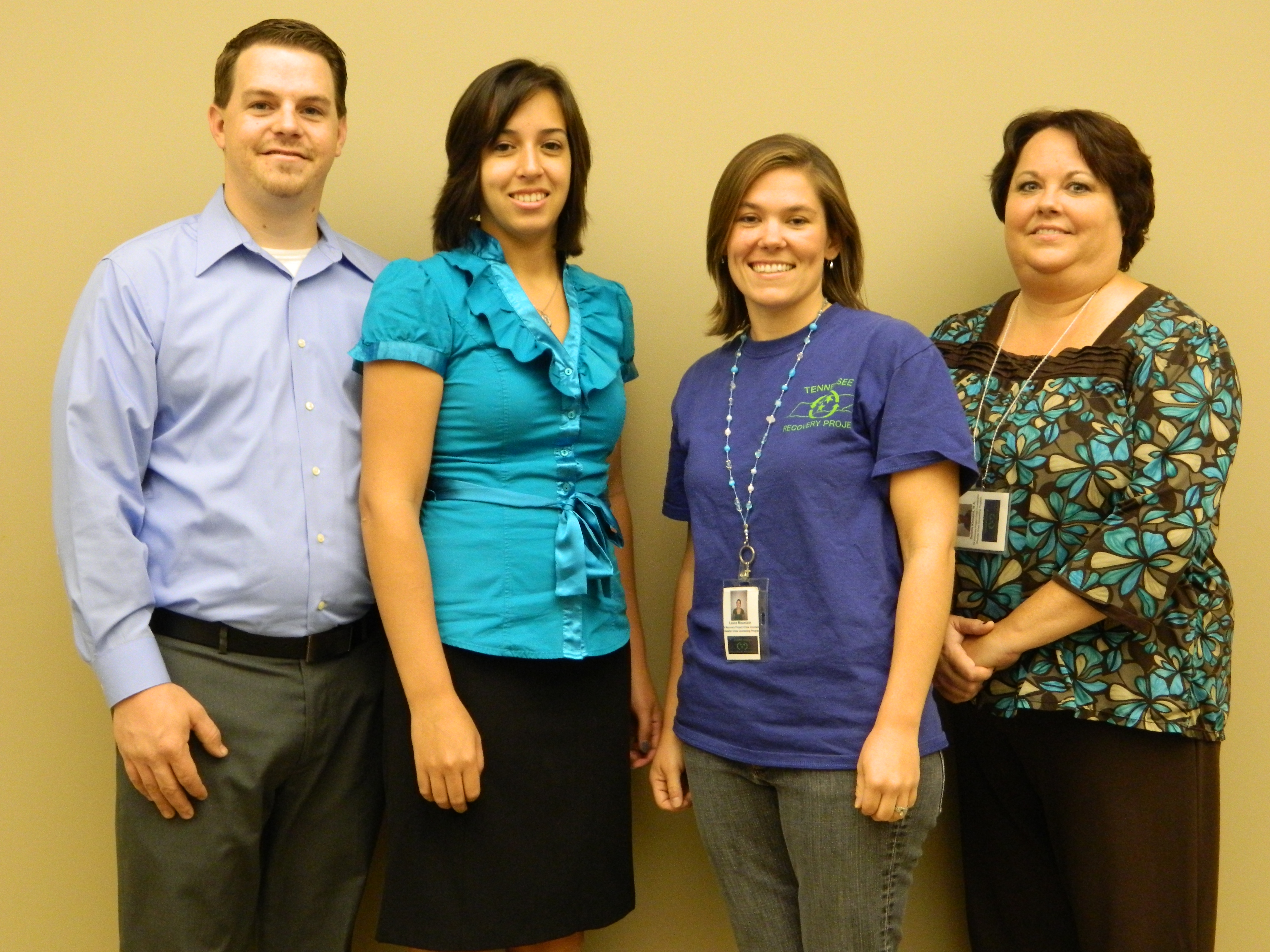Tennessee Recovery Project provides counseling in wake of April 27 tornadoes
Friday, January 1, 1904
TENNESSEE RECOVERY PROJECTThe project provides assistance for tornado victims of Bradley, Hamilton, Monroe, McMinn, Rhea and Bledsoe counties in Tennessee.Appointment/information: 1-877-567-6051Crisis/information: 1-800-704-2651Website: www.TennesseeRecoveryProject.usFacebook: Tennessee Recovery Project
CLEVELAND, Tenn. - The April 27 tornadoes not only caused widespread destruction, they left plenty of emotional scars on their victims, according to Long Term Recovery Organization officials.
"One of the unmet needs we are recognizing that we can't necessarily answer in this meeting is the trauma-related issues some of these people have experienced, but we do have resources," said Matt Ryerson, chairman of the organization's unmet needs committee, to about two dozen representatives of Cleveland's church and community groups on Wednesday.
Representatives of the Tennessee Recovery Project, a crisis counseling service funded by the Federal Emergency Management Agency, addressed the support groups about how they could facilitate the healing process for families still struggling emotionally after the storms.
"Our goal is to meet their unmet mental health care needs, whether that is through a referral to a mental health organization or a psychiatrist," said Wesley Luffman, a crisis counselor.
The counseling project also provides related educational programs on tornado preparedness, he said.
Luffman said recovery project officials would love to partner with any local organization that could provide space for groups of 10 or so to meet.
The educational aspect forms an important part of the healing process, said Deloris Kinnaird, coordinator of the Tennessee Recovery Project. Having a plan for what to do in case of another emergency restores some sense of control and applies as much to children as it does adults, she said.
While the recovery project does what it can to locate and help families suffering from emotional and mental problems after the storms, Luffman asked that community service groups also refer people who are suffering.
Recovery project officials said weather-obsessive children or children who become agitated during storms are displaying obvious signs of residual stress. Not-so-obvious signs include isolation, anger and sleeplessness, they said.
In the meantime, the current caseload of families with unmet material needs -- 15 -- was in the process of resolution after the Wednesday meeting, Ryerson said.
Paul Leach is based in Cleveland. Email him at paul.leach.press@gmail.com.

